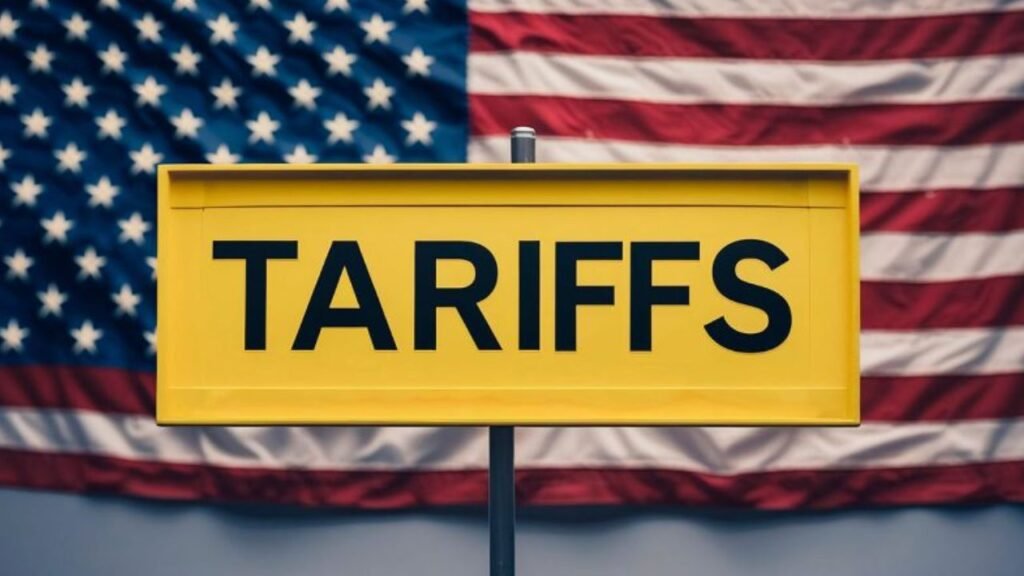A major legal showdown is brewing after a federal appeals court ruled that most of former President Donald Trump’s tariffs were imposed illegally. The decision, issued on August 29, has dealt a significant blow to one of the cornerstones of Trump’s economic agenda and set the stage for what could be a high-stakes Supreme Court case in the coming months.
Appeals Court Finds Trump Exceeded His Authority
The 7-4 ruling determined that Trump overstepped his authority when he used the International Emergency Economic Powers Act of 1977 (IEEPA) to place sweeping tariffs on imports from countries around the world. The court emphasized that the law, originally designed for national security measures such as sanctions or asset freezes, does not explicitly give the president the power to impose tariffs or taxes. According to the opinion, Congress never intended to grant “unlimited authority” for the president to reshape trade policy through this statute.
Tariffs Temporarily Remain in Place
Despite the ruling, the court has allowed the tariffs to remain in effect until October 14. This gives the Trump administration time to appeal the decision to the U.S. Supreme Court, where conservatives currently hold a 6-3 majority. Shortly after the ruling, Trump announced his intention to take the case to the highest court, expressing confidence that the justices would rule in his favor.
Trump’s Defense of His Tariff Policy

Tariffs have been a central part of Trump’s economic strategy, aimed at reducing trade deficits and boosting domestic manufacturing. In a statement on his Truth Social platform, Trump criticized the appeals court for what he called a “highly partisan” decision. He warned that removing the tariffs would “weaken the country financially” and vowed to continue fighting for their reinstatement. Trump has argued that ongoing trade imbalances and the flow of illicit drugs like fentanyl into the U.S. qualify as a national emergency under IEEPA, justifying his actions.
Impact on Businesses and States
The legal challenge was initiated by a coalition of five small businesses and 12 Democratic-led states. They argued that the president had no constitutional or statutory authority to impose these tariffs and that the nation’s trade deficit does not constitute the kind of “extraordinary threat” required to trigger emergency powers. Their lawsuit emphasized that under the U.S. Constitution, the power to impose tariffs and taxes belongs primarily to Congress, not the president.
Limits of the Court’s Ruling
The appeals court decision specifically applies to tariffs imposed under IEEPA but does not affect other tariffs Trump enacted under different legal authorities, such as those targeting steel and aluminum imports. This distinction means that while some of Trump’s trade measures remain in force, the broader framework of his tariff strategy is now in legal jeopardy.
Next Steps in the Legal Battle
With the Supreme Court appeal expected soon, the case is likely to become a major test of presidential power and the balance between the executive and legislative branches. Legal experts note that while the high court could side with the administration, the language of the IEEPA makes Trump’s position less certain. A ruling against him could permanently curtail the ability of future presidents to use emergency powers as a tool for economic policy.
What This Means for the Economy
For businesses and consumers, the uncertainty surrounding the tariffs could create volatility in global trade and domestic markets. If the Supreme Court ultimately strikes down the tariffs, it could lead to lower costs for importers and potentially cheaper prices for some goods. However, it might also disrupt industries that had adjusted to the new trade landscape under Trump’s policies, adding another layer of complexity to an already challenging economic environment.
Looking Ahead
As the October deadline approaches, all eyes will be on the Supreme Court. The outcome of this case won’t just decide the fate of Trump’s tariffs; it could also redefine the limits of presidential authority in economic policy for years to come.

